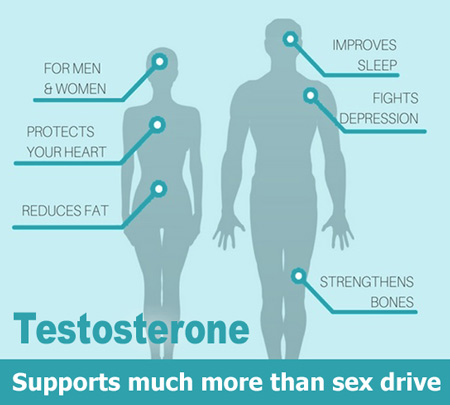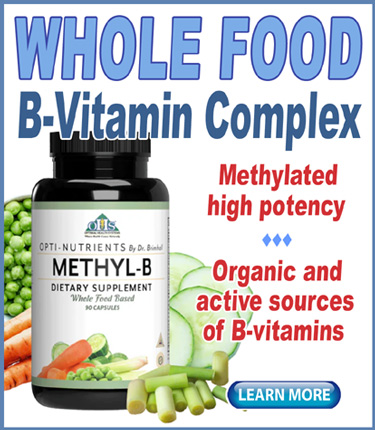Male hypogonadism is a medical condition in which the body doesn’t produce enough testosterone, sperm, or both. It is commonly referred to as “Low T” for the obvious reason that the condition involves the critical hormone testosertone.
Since testosterone production starts lowering in men around age 30, most people think of Low T as an “aging” condition; however, it can also be a problem a person is born with. When a male is born with it, masculine growth and development is significantly altered during puberty.
Today Low T is so prevalent that experts estimate that it ranges anywhere from 2 percent to 10 percent of the U.S. population—approximately 16 million men.
Interest in testosterone health
Fortunately there has been intense focus on Low T in recent years, and scientists are consistently identifying some of the contributing causes and early symptoms.
A 2022 study, building on earlier research, linked inadequate Vitamin D levels to testosterone health. Sedentary lifestyle, high stress, exposure to pesticides, poor diet choices and prescription drugs have also been linked to Low T.
Now a new Canadian study has discovered that Low Vitamin B—specifically Vitamin B12—can affect testosterone production. In fact, the researchers concluded Vitamin B12 was so critical that even slight increases in blood concentrations of B12 contributed to improvements in testosterone.
For B-vitamin aficionados who supplement B12 for its proven energy and brain benefits, a link to testosterone improvement probably doesn’t come as a surprise.
In the current study, the researchers, working at the University of Toronto and Mount Sinai Hospital, acknowledged they wanted to “fill the gap” in the lack of information available on how B12 impacted male reproductive hormones.
“[This is] the first comprehensive investigation exploring the relationship between serum vitamin B12? and several key male reproductive hormones in humans,” the researchers wrote in The Journal of Nutrition. “Our findings also suggest that B12 concentrations may need to be assessed as part of routine measures in the management of male infertility.”
Study details
To conduct the study researchers employed a cross-sectional design to assess the relationship between serum vitamin B12 concentrations and reproductive hormones. The participants, all of whom were experiencing infertility, were recruited from the Murray Koffler Urologic Wellness Center at Mount Sinai Hospital in Toronto.
A cohort of 832 men was recruited initially. As the men in the study had to meet a long list of qualifications—including not experiencing physical impairments, not using fertility-related medication, and not having undergone a vasectomy—the cohort was eventually narrowed down to 303 participants.
Blood samples were collected to assess serum Vitamin B12 and various reproductive hormone concentrations—including total testosterone. It was determined 30% of the participants had low testosterone initially.
After dividing the participants into three equal divisions, or tertiles, the researchers discovered that individuals in either of the top two tertiles of serum Vitamin B12 had significantly lower odds of experiencing testosterone deficiency compared with those in the lowest tertile.
Conclusions
Writing in the study summary, the researchers noted: “Although the highest tertile showed the lowest odds, it is noteworthy that even individuals in the mid-tertile experienced a significant reduction in the odds of total testosterone deficiency. This suggests that even a slight increase in Vitamin B12 concentrations may contribute to a notable decrease in the likelihood of testosterone deficiency.”
The researchers reiterated their hope the groundbreaking study will lead to follow-up studies that will corroborate their findings. To reference a study that was even remotely similar to theirs the researchers had to reach back 40 years—to a 1984 Japanese study.
In that research, conducted at Yamaguchi University School of Medicine, researchers determined that supplementing with Vitamin B12 for a period ranging from four to 24 weeks resulted in “measurable improvements in some sperm parameters.”
– – –
Find Vitamin B12 in Opti•Methyl•B from Optimal Health Systems. Click the banner ad on this page to learn more.
And for an unmatched testosterone-supporting formula that also includes Vitamin B12 check out:
Source: The Journal of Nutrition., JustAPedia/testosterone.
To learn more about testosterone health benefits, see our earlier article Testosterone—important to men’s health in a number of ways.


